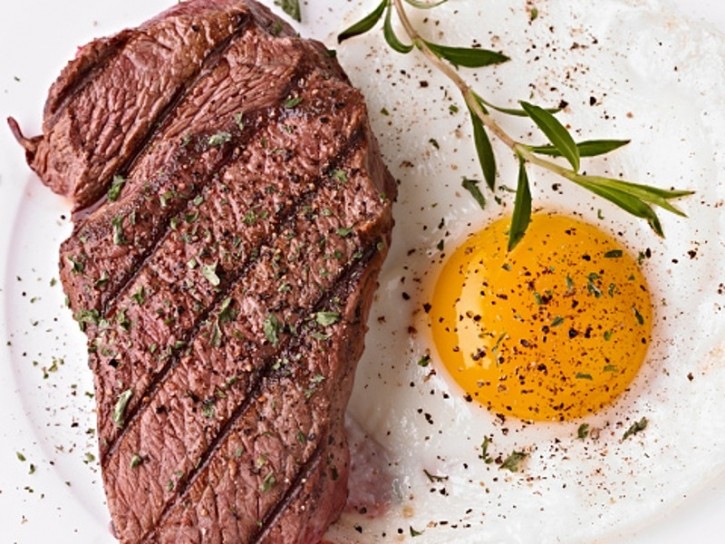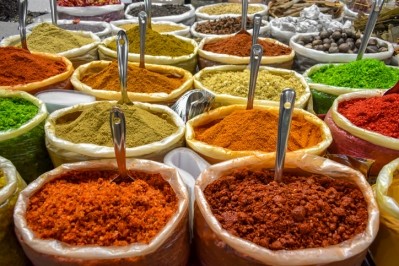Animal alerts: South Korea tightens food safety requirements for animal-based food product imports

South Korea already has a strict food safety process in place for livestock product imports that requires specific export certification, which MFDS has announced will be expanded to cover animal-based foods in order to ensure hygiene and safety requirements are met.
“MFDS has expanded the import hygiene evaluation system that is currently applied to livestock products to also include animal-based foods,” MFDS Minister Oh Yoo-kyung said via a formal statement.
“This will ensure that food safety is pre-verified starting at the country of origin before import, via a total of six stages of evaluation procedures where the Korean government will evaluate the food safety management status of the exporting country before deciding whether to allow imports.
“This means that food manufacturers producing and exporting processed animal-based products such as pork cutlets, chicken tenders, chicken skewers and so on will need to comply, including those with lower meat content below 50%.”
This amendment to import requirements puts the onus on the exporter markets to ensure that food safety standards are met for these products.
“Via this process, we will establish the requirements that must be met by the overseas manufacturers exporting animal-based foods, and the government of the exporting country is obligated to check whether the products meet import hygiene requirements and issue an export hygiene certificate every time an export takes place,” the ministry added.
“The exporting government’s inspection must show that these food products are made using raw ingredients from healthy animals and are suitable for human consumption, and that the manufacturers are implementing food safety management programmes such as HACCP.
“Moving forward, only products coming from countries that have been certified to meet these requirements will be allowed into South Korea, and rapid customs clearance will also be made available to countries that have met the required assessment criteria.”
According to government data, South Korea imports processed animal-based meat products from over 30 countries and egg-containing products from 16 countries. It also imports ostrich meat and eggs from Oceania, which have been designated as animal-based products as well.
The new regulations are expected to enter into force by June 14 2024.
Eggy emergencies
MFDS has also drawn up new food safety inspection requirements for eggs in the South Korean food supply within the Food Code, mandating checks for potential contamination by more types of bacteria.
“MFDS has mandated that food safety inspections for eggs must now include tests for two more types of bacteria: Salmonella Thompson and Salmonella Typhimurium, in addition to Salmonella Enteritidis,” said the ministry.
“This salmonella testing on raw eggs will be conducted in hopes of preventing further food poisoning outbreaks linked back to salmonella bacteria moving forward.”
The ministry has also issued warnings urging consumers to wash their hands promptly and thoroughly after touching or handling raw eggs in order to minimise any possibility of food poisoning.
















